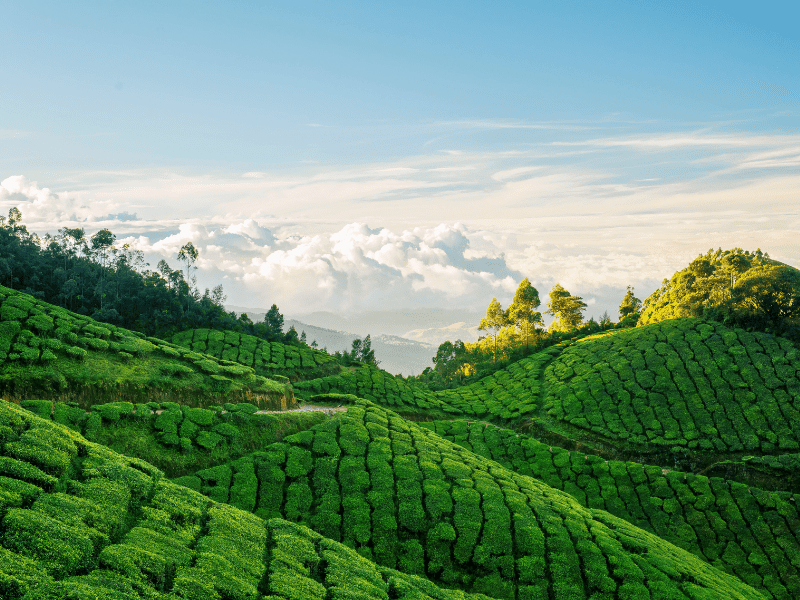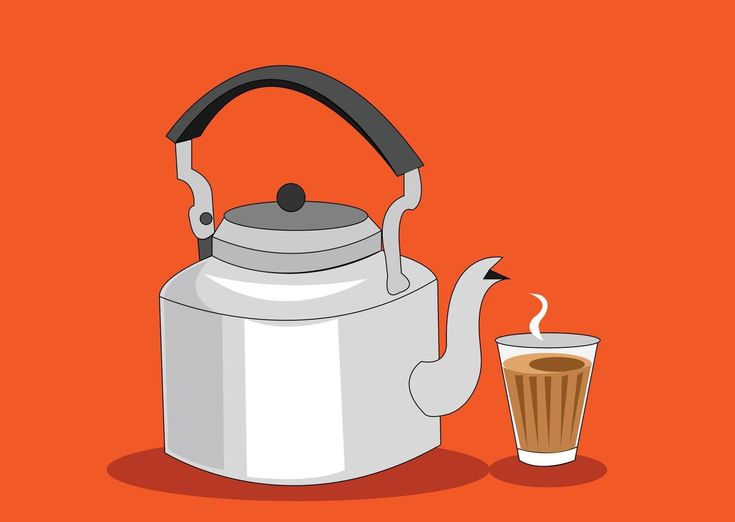- Write us: mallmanager@dsquaremall.com
- Call us: 120 448 1757
- Visit us: SECTOR 63, Noida, India, Uttar Pradesh
NEWS DETAILS

HOW TEA BECOME A POPULAR DRINK IN INDIA
Tea’s journey to becoming India’s favorite drink is a fascinating story of cultural fusion, resilience, and community bonding.

It all began when the British East India Company sought to challenge China’s monopoly on tea in the early 19th century. They established tea plantations in Assam and later expanded to Darjeeling and other regions. While the British introduced tea to India, it was the Indian people who embraced it wholeheartedly, incorporating it into their daily lives and traditions.
Chai, or Indian-style tea, quickly became a staple beverage, enjoyed by people from all walks of life. Its blend of black tea, milk, sugar, and spices like cardamom and ginger gave it a uniquely rich and flavorful taste, perfectly suited to Indian palates.

One of the reasons for chai’s popularity was its affordability. Unlike coffee, which requires specialized brewing equipment, chai can be made with just a pot, water, and a few simple ingredients. This made it accessible to people from all economic backgrounds, contributing to its widespread adoption.
Chai also became popular due to its perceived health benefits. In Ayurveda, the traditional Indian system of medicine, tea is believed to aid digestion, boost immunity, and promote overall well-being. This reputation for healthfulness further endeared chai to the Indian populace.

The establishment of tea stalls, or “chaiwallas,” further fueled chai’s popularity. These roadside stalls became social hubs where people would gather to chat, relax, and enjoy a steaming cup of chai. Chaiwallas played a crucial role in popularizing tea and making it a beloved part of Indian culture.
Today, tea is deeply ingrained in the fabric of Indian society. It is not just a beverage but a symbol of hospitality, friendship, and shared moments. Whether sipped as a morning ritual, an afternoon refreshment, or a comforting drink before bed, tea continues to bring people together, transcending barriers of class, religion, and region, uniting them in a shared love for this humble yet extraordinary drink.
